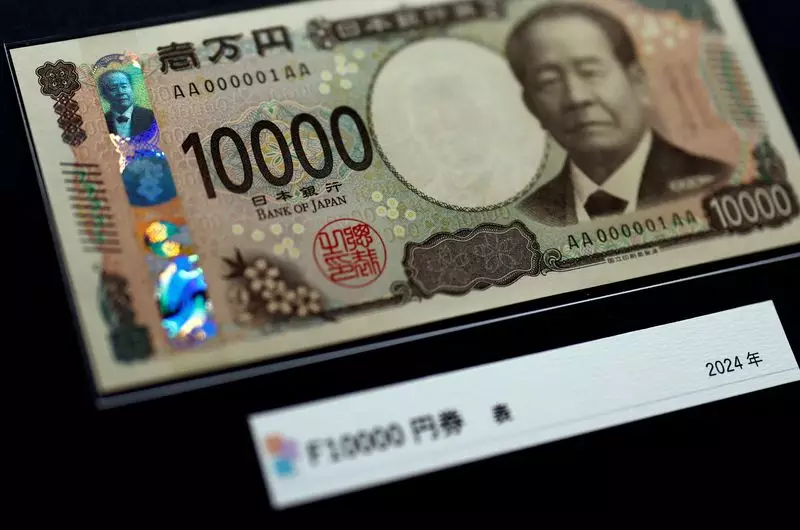Following weaker-than-expected U.S. economic data, the dollar experienced a significant drop, causing both the pound and the euro to gain traction against the greenback. Sterling saw a gain of 0.46% and reached a three-week high, while the euro also rose to $1.0801, marking a three-week top for the currency. This shift in currency values can be attributed to concerns about the U.S. economy, particularly after reports of a slowdown in economic growth and a rise in unemployment benefit applications.
The recent U.S. economic data has fueled expectations of potential interest rate cuts by the Federal Reserve in 2024. Analysts are now predicting nearly 50 basis points of rate cuts, with the first expected to occur in September followed by another before the year-end. These predictions have also led to a decrease in U.S. Treasury yields, reflecting the market’s anticipation of future monetary policy adjustments by the Fed.
As voting began in Britain, the pound showed resilience, maintaining its position as the best-performing G10 currency in 2024. The upcoming elections in the UK are expected to bring the Labour Party leader, Keir Starmer, to power, potentially replacing the Conservative government led by Rishi Sunak. Interestingly, the market reaction to the elections has been limited, largely due to the consistent lead the Labour Party has held in opinion polls and the perceived shift towards the center ground by the party under Starmer and finance policy chief Rachel Reeves.
French Election Uncertainty
Meanwhile, the French election has introduced an element of uncertainty into the currency markets, with a run-off scheduled for Sunday. The narrowing gap between German and French 10-year yields reflects a decrease in market nerves as concerns about right-wing candidate Marine Le Pen’s party diminish. However, the possibility of a hung parliament in France may still impact the euro’s performance throughout the summer, despite recent developments.
The Japanese yen, which has struggled to gain ground in recent days, saw a slight strengthening against the dollar. However, the yen remains at a low point, with the dollar trading at 161.18 yen. Traders are watching for potential Japanese government intervention to support the yen, especially with U.S. markets closed for the July Fourth holiday. Despite the yen’s challenges, the likelihood of intervention may be limited by certain conditions set by the Ministry of Finance.
Recent economic data and political events have had a noticeable impact on currency markets, causing fluctuations in the values of key currencies such as the pound, euro, and yen. As global economic conditions continue to evolve, market participants will closely monitor developments and adjust their strategies accordingly to navigate the changing landscape of international finance.

